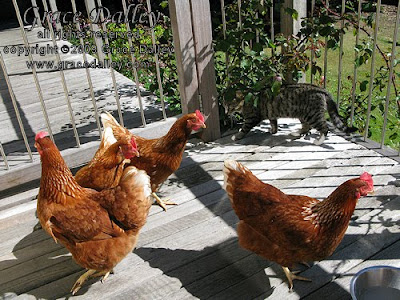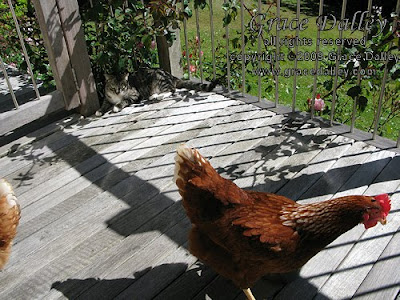 "We tend to think Earth can provide us with an endless bounty of food. But farming practices in most parts of the world can't work forever. Soil is constantly washing away, and what's left is gradually losing the nutrients it needs to sustain our crops.
"We tend to think Earth can provide us with an endless bounty of food. But farming practices in most parts of the world can't work forever. Soil is constantly washing away, and what's left is gradually losing the nutrients it needs to sustain our crops. "In the prairies of Kansas lives Wes Jackson, a man who has spent his long and rich career trying to invent a new kind of agriculture — one that will last indefinitely."
"To make progress on the biological problem, Jackson recruited a handful of young and ambitious Ph.D. plant breeders. Their mission: nothing less than to reinvent the world's most important crops.
"Jackson decided to figure out a way to breed grain crops so they can be planted once, actually replenish the soil, and be harvested year after year. One of the scientists Jackson brought to the Land Institute to work on this is a Minnesota farm boy turned plant breeder, Lee DeHaan.
"At the time I started here, they said, 'Let's put the youngest guy on wheat, because maybe he can see it through,' " DeHaan says. "We're not expecting it to be something that's real easy to do or something that we'll see the results of really soon."
A fascinating article on NPR, read the whole thing here. Thanks Jason for the link.






















































